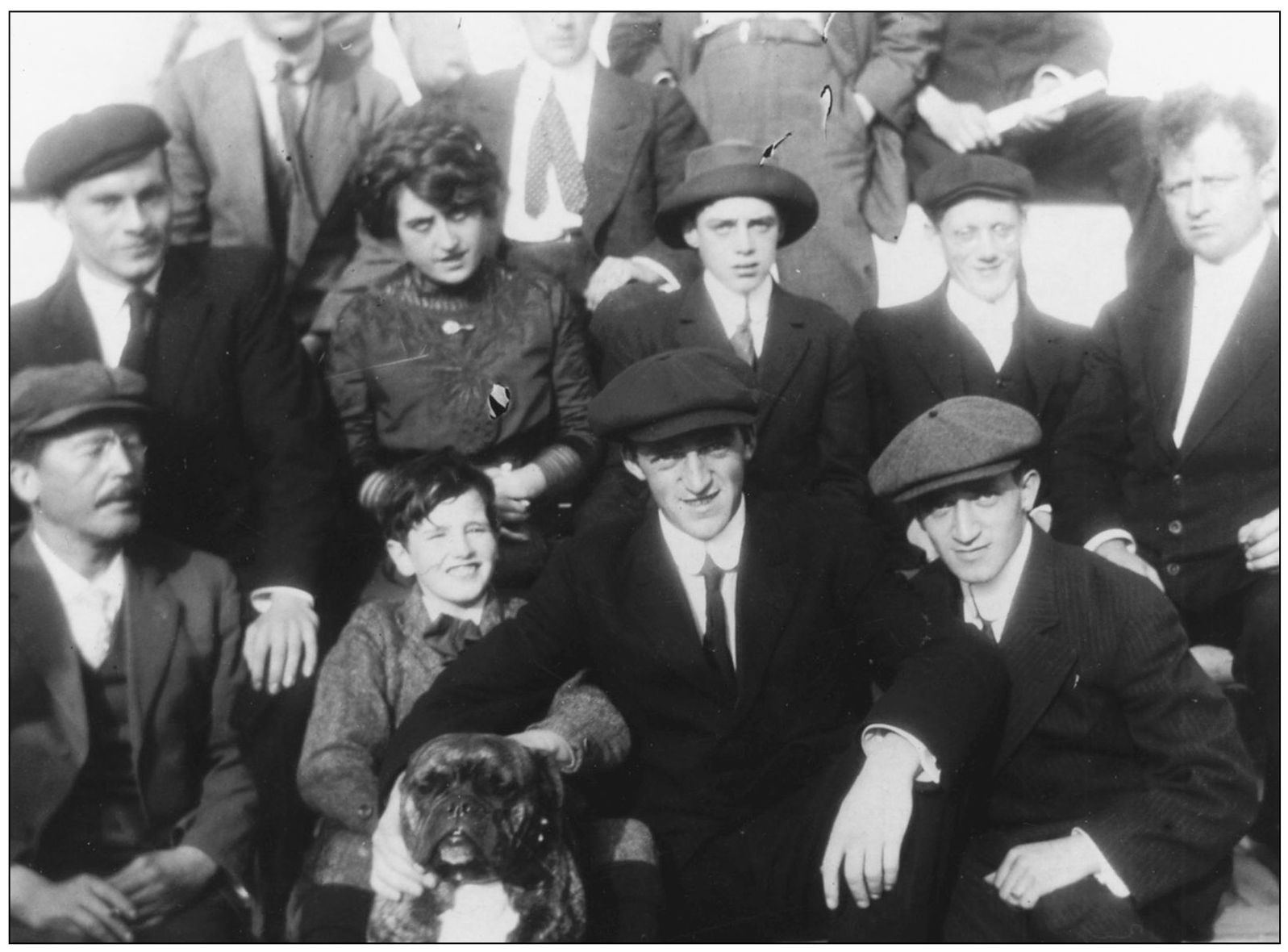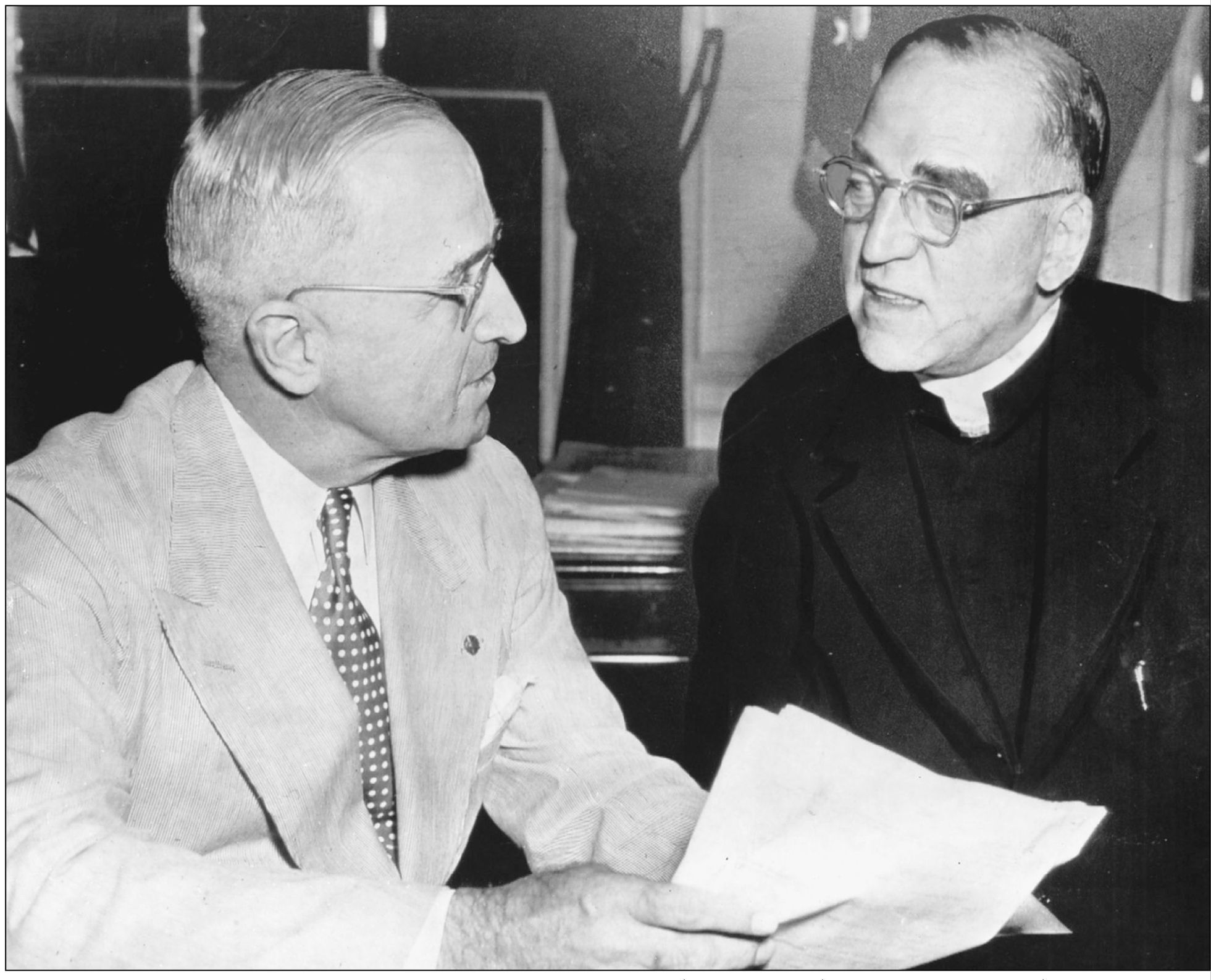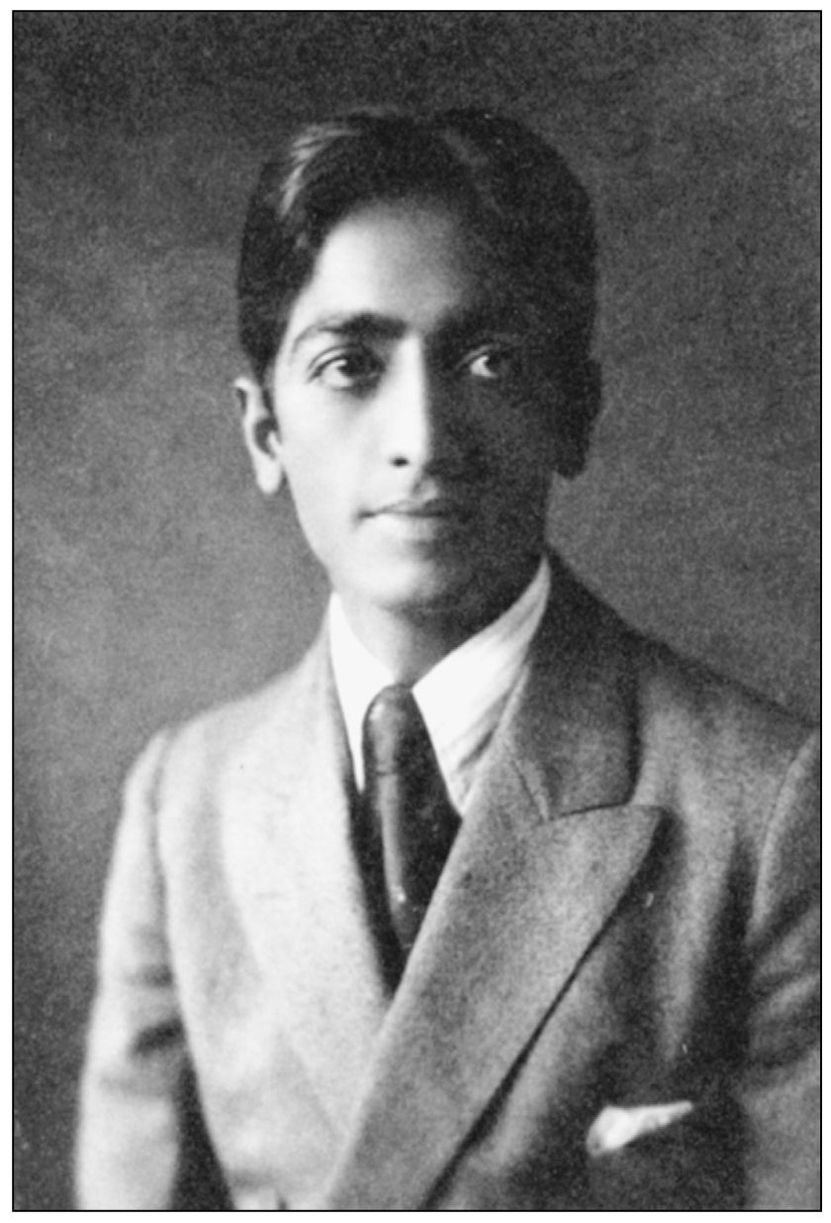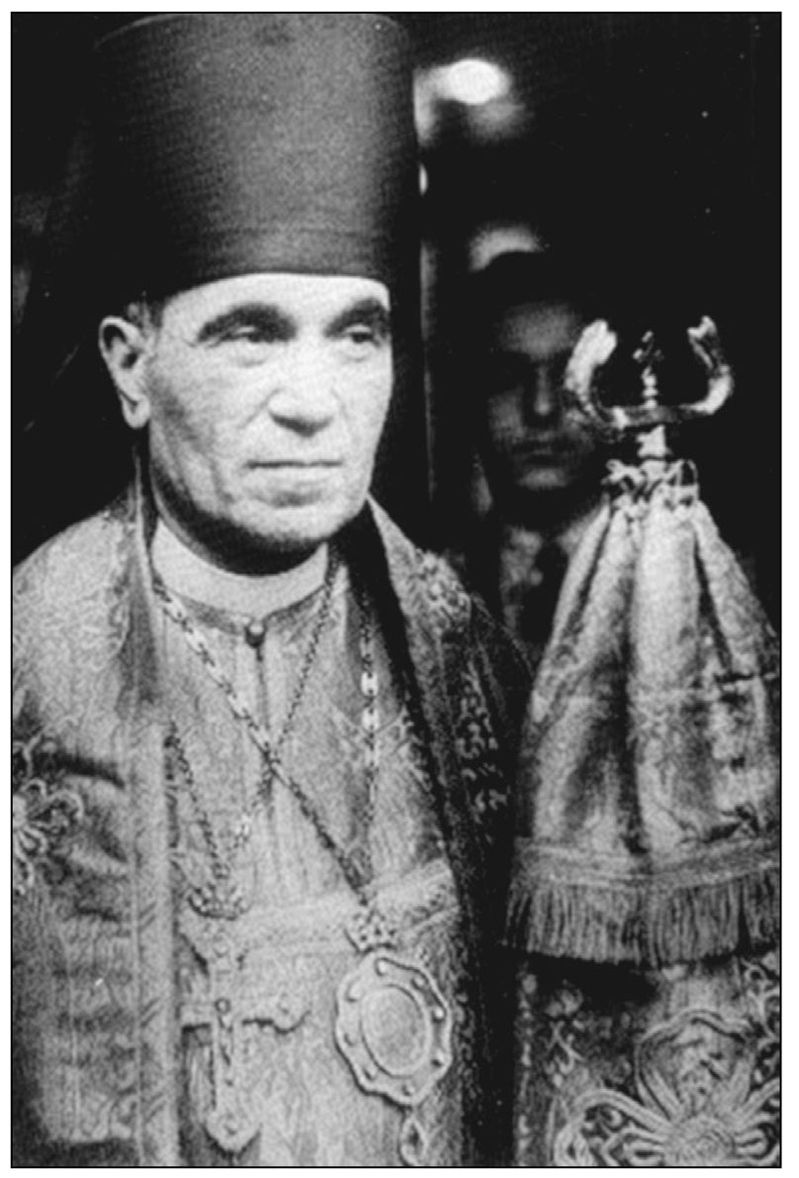One
SPIRITUAL LEADERS AND SCHOLARS

EDWARD FLANAGAN IN STEERAGE. The future founder and director of Boys Town is the big fellow in the middle foreground of this picture taken on board the steerage deck of the RMS Celtic; the great ship docked in New York harbor on August 27, 1904. Pictured with Edward Flanagan is his younger brother, Patrick, who also became a Roman Catholic priest. Fr. Edward Flanagan was born in Leabeg, County Roscommon, Ireland, in 1886. In his boyhood, he was a shepherd.

FATHER FLANAGAN’S MISSION. Edward Flanagan was educated at the seminary at the Royal Imperial University at Innsbruck, Austria, and he was ordained to the priesthood in 1912. Accepted by a Nebraska diocese, he founded his orphanage for delinquent boys in 1917. Years later he said, “When the idea of a boys’ home grew in my mind, I never thought of anything remarkable about taking in all of the races and all of the creeds. To me, they are all God’s children. They are my brothers. They are children of God. I must protect them to the best of my ability.”

MONSIGNOR FLANAGAN WITH PRESIDENT TRUMAN. Flanagan’s work at Boys Town won him national recognition, and he truly became a hero to the American people. He was interviewed and consulted on juvenile delinquency, and his struggles were dramatized in the Academy Award–winning film Boys Town (1938), which starred Spencer Tracy and Mickey Rooney. In 1937, he was raised to the rank of monsignor and, after the war, was sent by Pres. Harry S. Truman to help orphans in Japan and Germany. He died in Berlin in 1948. Currently there is a movement supporting his canonization to sainthood.

LIN YU’TANG. The distinguished scholar Dr. Lin Yu’tang (1895–1976) popularized classic Chinese literature in the West. He came to America for university studies and pursued postgraduate work in Germany. On his return to the United States in 1931, he was briefly detained for Chinese inspection at Ellis Island. His intelligent and witty books, including My Country and People (1935), The Importance of Living (1939), and Between Tears and Laughter (1943), endeared him to western readers and increased interest in China. He also published a Chinese and English dictionary, invented a Chinese typewriter, and wrote novels. He died in Taiwan, and his home there is now a museum.

ALBERT SABIN. With his parents, Jacob and Tillie Saperstein, and sister, Albert Saperstein passed through Ellis Island and settled in New York. The boy grew into a man and found for himself a new name, Albert Bruce Sabin. The family left behind the difficult life in their native city of Bialystock, Russia (now Poland), and America offered previously unreachable opportunities. Albert (1906–1993) became a physician but was soon drawn to medical research. He joined the fight to find a cure for polio. His contribution was astonishing; it was a “live virus” vaccine taken orally, and it effectively eliminated polio from the United States.

KRISHNAMURTI. Theosophy’s former world messiah, Jiddu Krishnamurti (1895–1986) was briefly detained at Ellis Island to look into an accusation of moral turpitude during an American visit on August 22, 1926. But after having questioned him, Ellis Island’s commissioner Benjamin M. Day passed him as innocent. Krishnamurti later settled in California and became a leading philosopher and explorer of the human condition. (The New Book Revelations: The Inside Story of America’s Astounding Religious Cults by Charles W. Ferguson.)

FAN S. NOLI. Theophan Stylian Noli (1882–1965) first came to the United States in 1906, after which he was ordained an Orthodox priest and also took a degree at Harvard University. As an assertion of Albanian independence, he and others founded the Albanian Orthodox Church for which he was consecrated a bishop in 1919. After this, he became a political leader in newly independent Albania and briefly served as prime minister. Soon a reversal in his political fortunes forced him into exile, and when moving back to the United States in October 1932, he was briefly detained at Ellis Island.

PARAMAHANSA YOGANANDA. The distinguished swami Paramahansa Yogananda made several trips to America, and most appeared to be smooth sailing, until one of them landed him at Ellis Island for investigation. This was one he made on the Bremen in October 1936. It appears that his use of two names, Mukunda Lal Ghosh and swami Yogananda, occasioned suspicion, and he was detained for special inquiry. He soon satisfied officials as to his identity. The swami is famous for his Self-Realization Fellowship institution in Los Angeles.

GERMÁN ARCINIEGAS, SCHOLAR AND DIPLOMAT. Dr. Germán Arciniegas’s stay at Ellis Island was a trifle unusual. He was taken by immigration agents at the airport on a return from a visit to France on the evening of September 17, 1953, and taken to Ellis Island on a security charge. But next morning, he was merely asked whether he had ever criticized U.S. relations with a Latin American country, to which he answered in the affirmative. Next his passport was inspected, and then he received an apology and was released from custody. The problem arose over confusion about how to enforce the McCarran Walter Act. Arciniegas taught for many years at Columbia University and was a former minister of education; he later served as an ambassador.